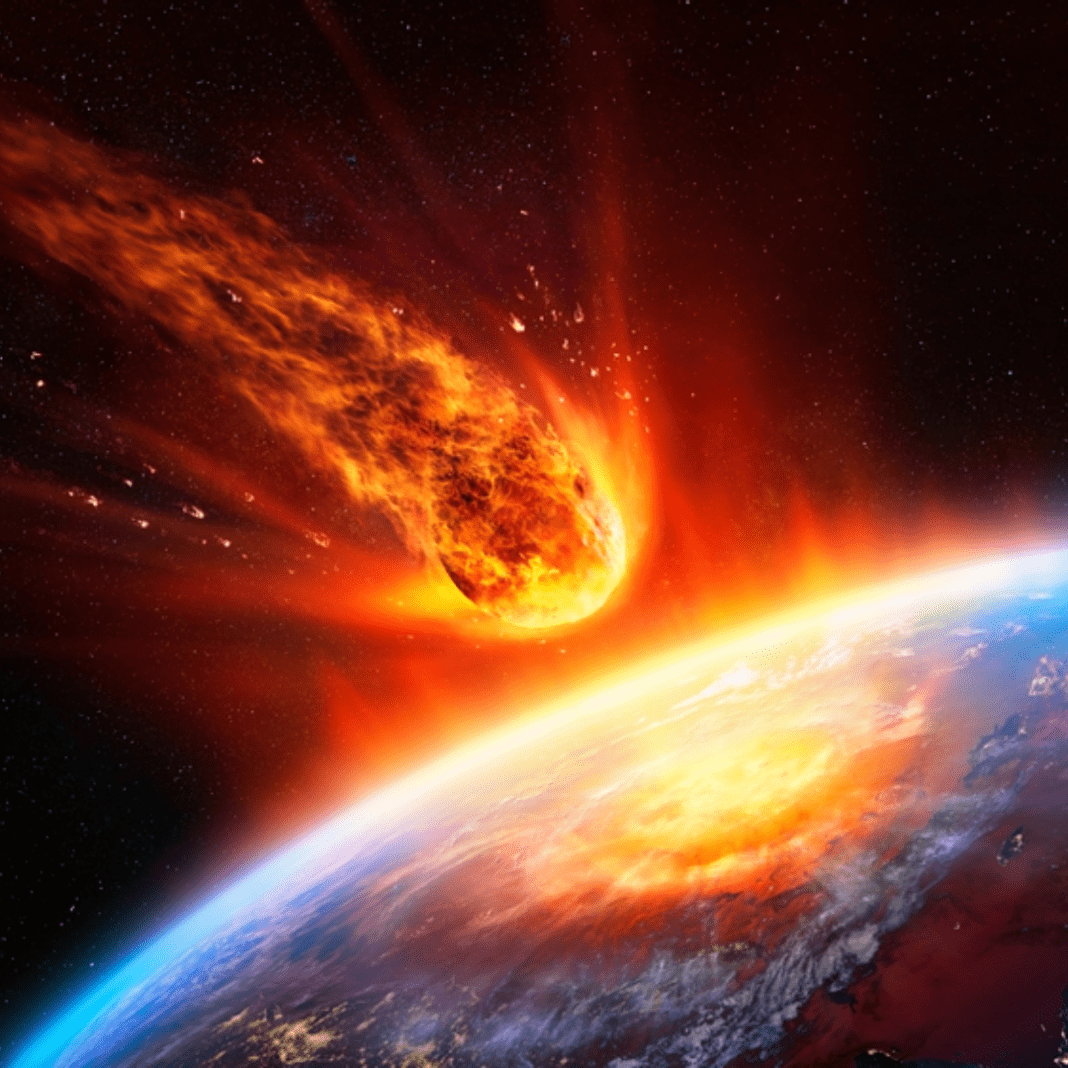Oxygen, Not Meteorites, Will Bring the End
For years, scientists believed that life on Earth could end because of a giant meteorite or due to extreme climate change. But a recent study says that might not be true. According to new research from Japan’s Toho University, supported by NASA’s computer models, the end of life on our planet will come slowly and quietly. The surprising reason? A slow and total loss of oxygen in the atmosphere.
This may sound like something out of a science-fiction movie, but it’s based on real science. The researchers used powerful simulations to look at Earth’s future. They studied how our planet’s air and weather systems would change year after year. What they found was startling. As the Sun grows hotter over billions of years, it will cause major changes to Earth’s environment. One of the biggest changes will be the drop in oxygen, the gas every human, animal, and plant needs to survive.
Right now, oxygen makes up about 21% of the air we breathe. But in the distant future, that won’t be the case. The study says Earth’s oxygen will slowly disappear, making it impossible for most life forms, especially humans, to live.
How Will This Happen? A Slow and Silent Change
The process won’t be fast or sudden. It will take billions of years. The main reason behind this slow oxygen loss is the Sun. Over time, the Sun will become brighter and hotter. This will heat up the Earth’s surface and change how gases are formed and used in the atmosphere.
Explosive Heat Shows the U.K. is Not Safe from Climate Change
One of the big changes will happen in the carbon cycle. This is the process that helps plants grow and produce oxygen through photosynthesis. But with rising temperatures, this system will break down. Plants and trees will start to die because they won’t be able to survive the heat. Without plants, there will be very little photosynthesis, which means very little new oxygen will be made.
As plants disappear, animals and humans who depend on oxygen will also start to die. Slowly, the Earth will become a world full of methane and other greenhouse gases, but almost no oxygen. This change won’t be loud or violent — it will happen quietly, over a long period of time.
Eventually, only a few types of life might remain. Tiny microbes that don’t need oxygen to live — called anaerobic organisms — could survive. These tiny creatures live in places like deep in the ocean or inside rocks, where oxygen is already very low. But for the rest of life as we know it, the end will come through suffocation, not fire or ice.
Life’s End Won’t Be from a Bang
What makes this discovery even more shocking is that it challenges the popular idea that life on Earth will end because of a disaster, like a crashing asteroid or a runaway climate. Instead, the study shows that the planet may die in a far quieter way. There will be no explosion, no big event. Just a slow loss of what we need the most — air.
Climate Change Threatens California’s Commercial Fishing Industry
The research suggests that oxygen loss will be the final blow for life. Even though the Sun’s heat and changing climate will start the process, it is the lack of oxygen that will finally make life impossible. Most living beings won’t be able to survive without it. People, animals, and even bugs will disappear. Only the simplest life forms, like bacteria that can live without air, may continue for a while longer.
This study paints a picture of Earth’s end that’s very different from what we usually imagine. Instead of being wiped out by an asteroid or swallowed by fire, life on Earth may quietly fade away as the air slowly runs out.
Even though this event is still billions of years in the future, scientists now believe that oxygen, the very thing that gave us life, will also be the reason it ends.





